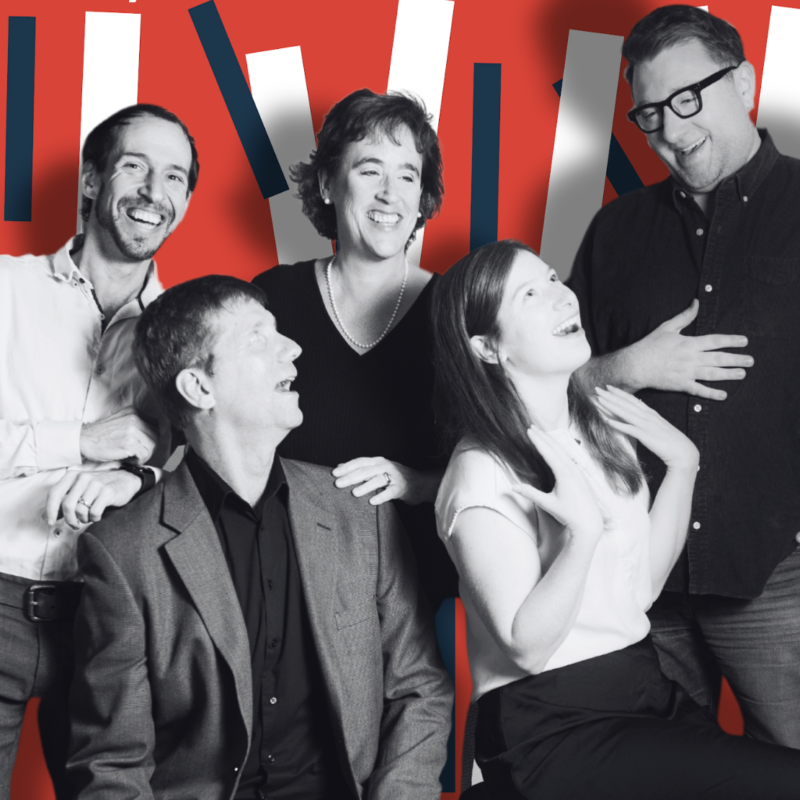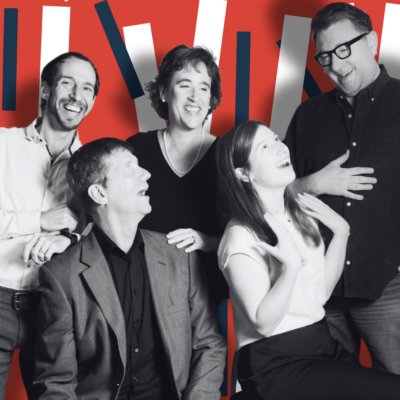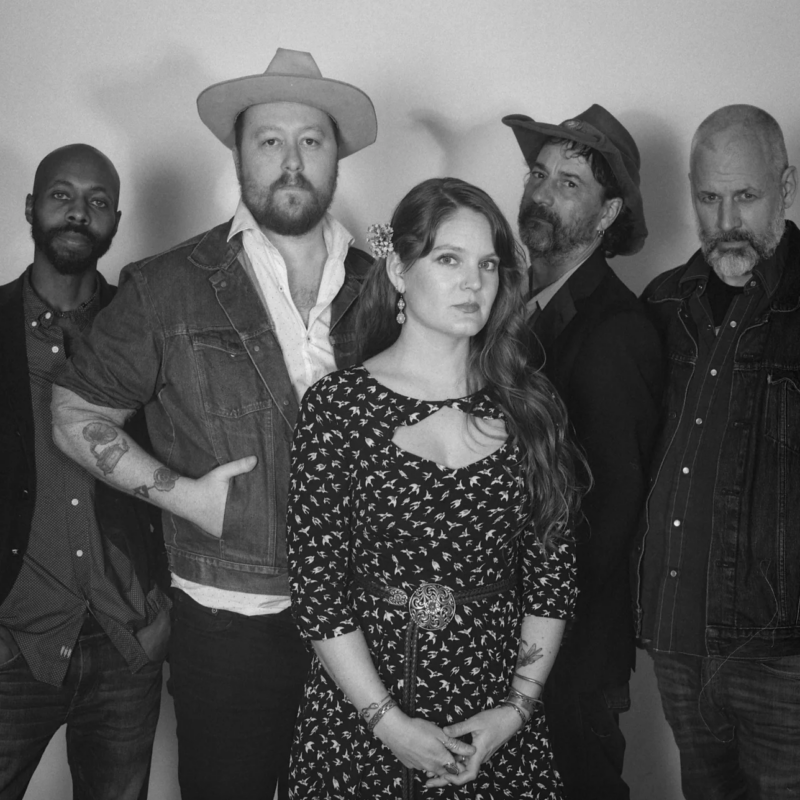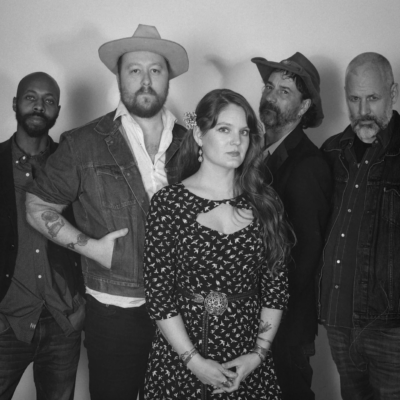If he’d given us only that goofy pre-election Obama endorsement, reprising the characters he grew up playing on TV, director Ron Howard would be well advised to avoid political filmmaking. But here’s Frost/Nixon—which, although timely with the departure of the often-Nixon-equated George W. Bush, has a prognosis for America that’s more to do with growing up on TV than with politics. That’s why Howard seems right for the job of directing it.
|
The mediums are the message: Frank Langella (left) and Michael Sheen reprise their stage roles and try to bring an old TV interview back to life in the film Frost/Nixon. |
Adapted by Peter Morgan from his own 2006 play, Frost/Nixon dramatizes the now-forgotten but then-momentous 1977 TV interviews between British talk-show host David Frost and a post-Watergate but still very tricky Dick. Michael Sheen and Frank Langella reprise their roles from the award-laden stage version, and so it should be; the casting is definitive.
Sheen, so memorably exact as Tony Blair in The Queen (another Morgan script), brings Frost alive more loosely, with a palpable combination of playboy cockiness and vulnerable status anxiety. He’s a ratings-sensitive, reasonably famous media personality who’s not taken seriously as a journalist and not entirely sure he wants to be. He bares his toothy grin as both weapon and shield at once; it’s no wonder at all that Tim Burton has cast Sheen as the Cheshire Cat in a forthcoming film of Alice in Wonderland.
Langella is not the first and probably won’t be the last actor to portray the disgraced 37th president, but his ownership of the role—crass and charming, sonorous and lumbering, venomous and self-loathing—is total. This is so much more than an impersonation, and so completely consistent, that every once in a while it becomes hard to remember what the real Nixon was like.
Through separate on-air occasions, Howard introduces the adversaries obliquely, watching as handlers prep them for broadcast. It’s as if both Nixon and Frost are not real to us until they’re camera-ready. Otherwise, the director generally has the good sense to get out of his actors’ way.
Frost/Nixon is inherently reductive—the actual interviews recorded nearly 29 hours of material—and its dramatic stakes are accordingly simple. As Nixon puts it, both he and Frost want a way back to the “winner’s podium,” and they know that when their contest has ended, “the limelight can only shine on one of us.” Each man, in other words, seeks the ultimate comeback–redemption as defined by the public perception of legitimacy.
The duelists have their seconds—and thirds and fourths and so on. Kevin Bacon gamely plays Nixon’s loyal aide, Marine Colonel Jack Brennan, and Toby Jones is the president’s peculiar, homuncular agent, Swifty Lazar. Oliver Platt, Matthew Macfadyen and Sam Rockwell round out team Frost.
Not unlike Howard’s foray into political PSA, Frost/Nixon has something of a so-what factor. It seems like an exercise mostly for its own sake. But there is also a sense of security with its own limitations. To Howard, understandably, it’s an enduring fascination: Nixon on TV = unhappy days.






